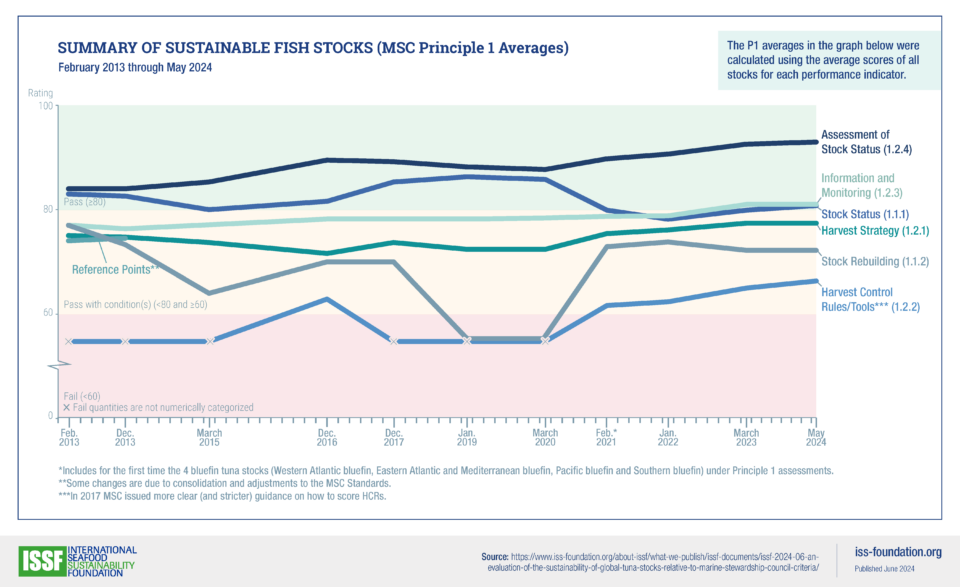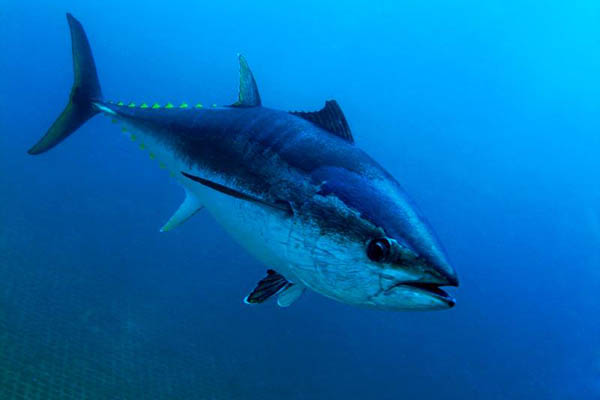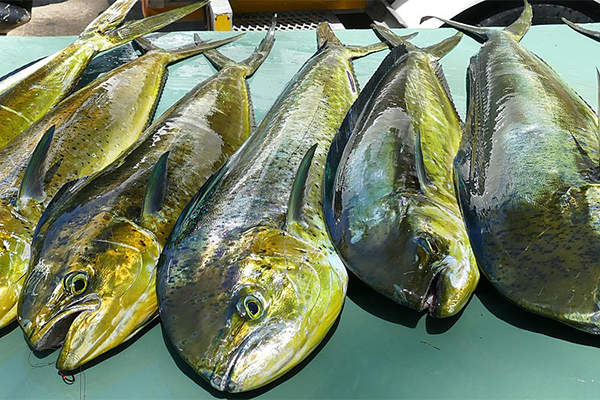Latest ISSF report reveals nearly 50 percent of major tuna stocks successfully avoid overfishing and meet target biomass levels

A new report commissioned by the International Seafood Sustainability Foundation (ISFF) shows that almost 50 percent of major tuna stocks successfully avoid overfishing and maintain target stock biomass levels – an improvement from 35 percent in March 2023.
The report, An Evaluation of the Sustainability of Global Tuna Stocks Relative to Marine Stewardship Council Criteria, found that 11 of the 23 major commercial tuna stocks worldwide are successfully avoiding overfishing and maintaining target stock biomass levels when measured against the Marine Stewardship Council (MSC) Fisheries Standard. In the March 2023 edition of the ISSF report, eight stocks passed Principle 1. In this year’s report, three additional stocks received a passing score, with improvements in the Pacific and Southern bluefin compared to last year.
The 11 stocks are Western Atlantic skipjack, North Atlantic albacore, South Atlantic albacore, Eastern Atlantic bluefin, Western Pacific yellowfin, Western Pacific bigeye, Western Pacific skipjack, Eastern Pacific yellowfin, Eastern Pacific skipjack, Indian Ocean skipjack and Southern Ocean bluefin. These stocks achieved a passing score for the Standard’s Principle 1, “Sustainable Fish Stocks,” which requires fisheries to be managed in a manner that does not lead to overfishing or depletion of exploited fish populations. Several stocks in the Atlantic, Pacific and Indian Oceans still received failing scores, consistent with last year’s findings.

The ISSF report scores tuna stocks based on the MSC standard, allowing for comparisons between stocks, helping with future certifications and showing the current status of stocks and Regional Fisheries Management Organization (RFMO) performance since 2013.
MSC Principle 1 requires fisheries to avoid overfishing and help depleted populations recover. The report attributes failing scores to poor stock status, lack of clear harvest control rules and ineffective harvest tools.
Seven out of 23 stocks have fully implemented well-defined harvest control rules. However, the report notes failure to implement controls before rebuilding is required continues to contribute to an increasing number of stocks failing to meet minimum requirements on harvest control rules.
Now that you've reached the end of the article ...
… please consider supporting GSA’s mission to advance responsible seafood practices through education, advocacy and third-party assurances. The Advocate aims to document the evolution of responsible seafood practices and share the expansive knowledge of our vast network of contributors.
By becoming a Global Seafood Alliance member, you’re ensuring that all of the pre-competitive work we do through member benefits, resources and events can continue. Individual membership costs just $50 a year.
Not a GSA member? Join us.
Author
Tagged With
Related Posts

Fisheries
Fisheries in Focus: Tunas and billfishes are improving on the IUCN Red List – and it’s thanks to effective fisheries management
Sustainable Fisheries UW offers a rundown of the IUCN Red List and how tunas and billfishes benefit from strong fisheries management.

Fisheries
Fisheries management help tunas, billfishes recover, but extinction risk of sharks rises
New study suggests conservation and fisheries management help tunas and billfishes recover, but shark biodiversity continues to decline.

Fisheries
Atlantic bluefin tuna populations’ genetic links could affect fishery management strategies
A new study uncovers unexpected genetic links across Atlantic bluefin tuna spawning grounds, with implications for fisheries management.

Fisheries
With distinct genetic groups of mahimahi in the Tropical Eastern Pacific Ocean, is a new fishery management approach needed?
A new study reveals genetic differences among mahimahi captured in the Tropical Eastern Pacific Ocean, affecting the fishery management plan.



